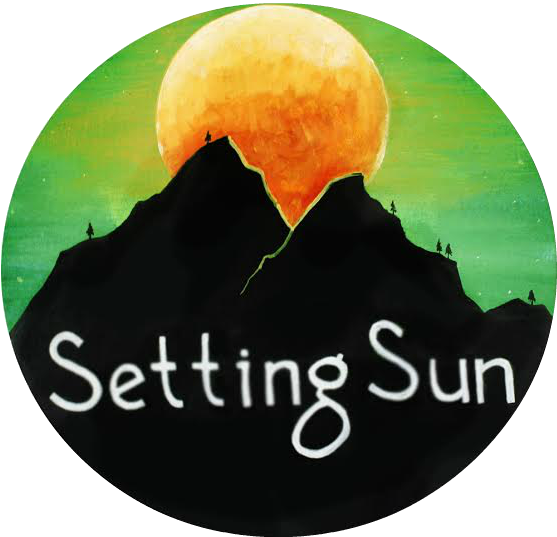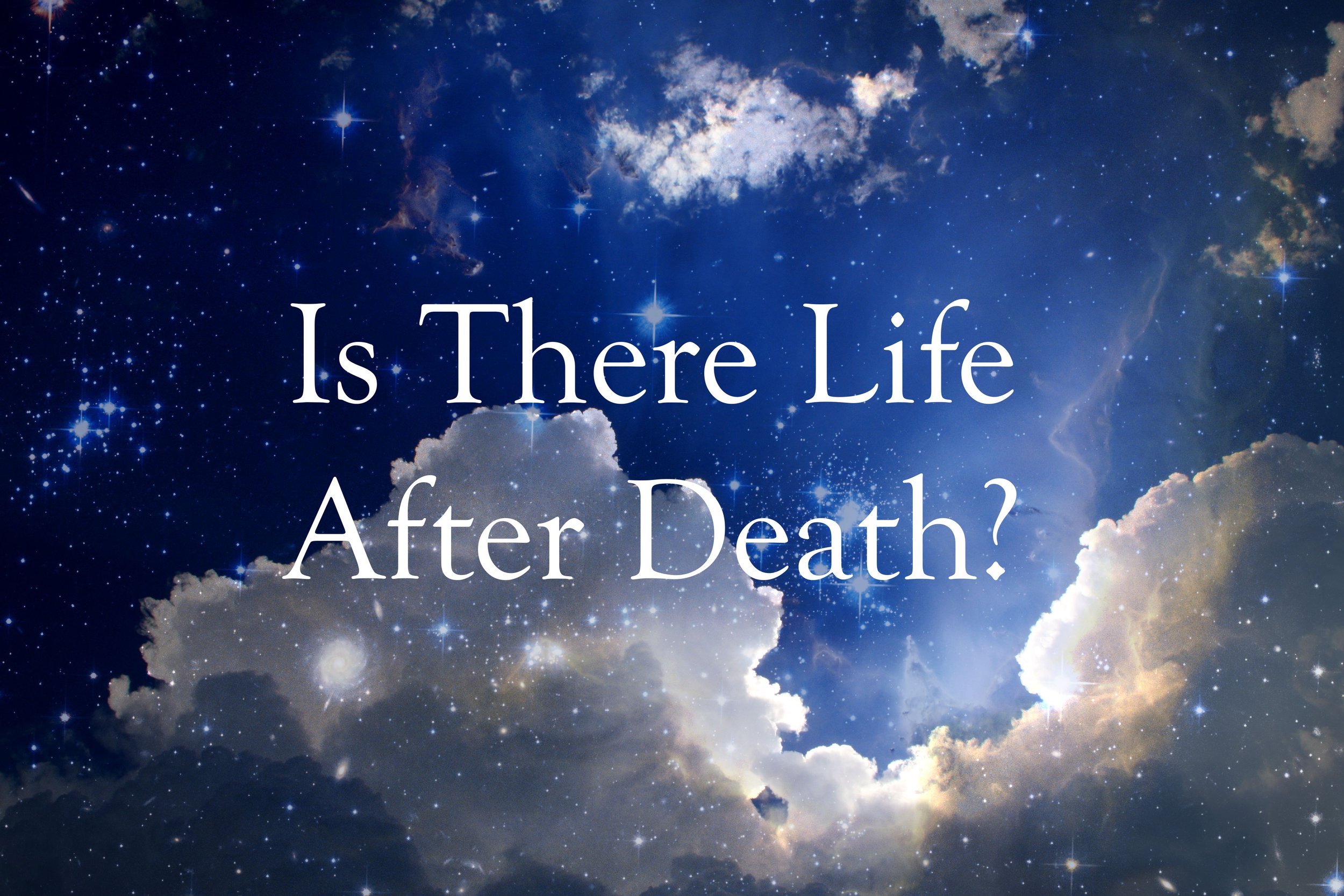What Does Integration Mean?
The topic of integration has been coming up a lot for me recently, and is a topic that interests me. Some may not understand what integration means or what integration applies to, so hopefully I can put it into context.
When I speak about integration I am mostly referring to the integration of traumatic experiences and experiences with non-ordinary states of consciousness – either spontaneous experiences or voluntarily induced by substances or other spiritual practices. Yoga, for example, can bring upon a Kundalini awakening. I think about non-ordinary or extraordinary experiences as one’s involvement and relationship with subtle energies or the energy body. Trauma, such as a near-death experience, can elicit such an experience. It can produce profound shifts in consciousness that might leave a person feeling ungrounded and disoriented.
When a non-ordinary experience is elicited, it has the potential to turn his or her world upside down. Navigating these new states of awareness can sometimes be difficult or traumatizing. I know from personal experience I have suffered a sense of isolation and developed a chronic depression from not understanding what had just happened. I was worried that I would not return to a “normal” state of being. One incident, for example, was after I suffered a near-death experience. I was left with a heightened state of awareness that I did not understand or know how to navigate. I was unsure what to do or how to work with the energies and thoughts that were emerging. I did not have a mentor or teacher to help guide me through the process. I felt alone and was left to figure out this experience by myself.
What is Integration?
Integration is about creating wholeness. The etymology of the word integration comes from the French word intégration, which describes the, “act of bringing together the parts of a whole.” Integration also comes from the Latin word integrare, which means “make whole” or to “begin again.” Integration is about creating wholeness in one’s life or creating wholeness out of an experience. In the sense of traumatic experiences, one’s psyche might become fragmented. In the shamanic world, this fragmentation can also be viewed as pieces of a person's soul becomes lost or trapped in the trauma. Integration techniques help to bind these fragmented pieces back together again. Again, in regards to shamanic healing, a shaman may perform a "soul retreaval" to help bring back missing pieces and weave the experience back together. After a traumatic experience or an experience with a non-ordinary state, people usually ask the question, "What do I do now?"
Integration is not about fixing or getting rid of these fragmented pieces, but rather understanding the fragmentation and coming to accept it. There is so much talk about letting go and getting rid of parts of self. To some extent, I believe that it is important to let go of and get rid of certain beliefs and parts, but I also believe that developing a relationship to them is just as important.
I like to think of life as a long hallway of doors. Each door represents a new experience. Some experiences are blissful and beautiful while other experiences are terrifying and heart breaking. Some doors have "monsters" behind them and may be filled with darkness. When the monster runs free throughout the hallway, our first instinct is to attack it, run away, or shut down. The truth is, no matter what we do, that monster will always be there. Integration is about developing a relationship with that "monster," and maybe getting to know it, understanding where it came from, and what it wants. It is about developing relationship with those different parts of self. Over time, the monster is not as scary or threatening as it once was. There is a great Rumi poem that highlights a similar analogy -- The Guest House
Integration is about turning inward and learning how to work with whatever experience that is emerging.
What I Offer for Integration:
I offer peer support, coaching, and psychospiritual education. When I was on my healing journey, I had no where to look or turn. Instead, I found mentors and teachers to help me through the process. I found that learning about these states of consciousness to be very helpful. I take an educational approach as well as a peer support approach -- meaning that I draw upon my own personal experiences and my knowledge of working with non-ordinary states.
If you are struggling to integrate a difficult experience, I would be honored to talk with you and offer any guidance. I believe that each person has the capacity to heal and create wholeness in their life, and has all the answers inside of them. Instead of offering a “cure” or a “fix” for these problems, I offer support and guidance. Many people are looking for “fixes” and “cures,” but in my experiences, that takes the power away from you! I believe that healing starts with you and ends with you. I hold the philosophy of “being with” rather than “doing to.” This is your journey in life and you should have the right to say which direction you want to walk.
I offer peer support and education for those who may be having a difficult time understanding/working with:
- Plant medicine ceremonies/psychedelic experiences
- Experiences with spiritual or mystical experiences
- Spontaneous awakenings
- Subtle energies & psychic openings
- Near-death experiences
- Spiritual Emergence experiences
- Shamanic Crises
- Existential Crises
- Your life path and goals
If you want to learn more about spiritual emergencies and other non-ordinary experiences, check out my other article explaining more information -- Spiritual Emergencies and Other Extraordinary Experiences
What I do not Offer:
- Psychotherapy
- Diagnoses, assessments, or treatments
- Crisis Interventions – please seek professional help within your community for a mental health crisis.
I do not work with people in crisis. This is not to say that I cannot help, but I think it is best to find help within your community by a professional mental health worker. In-person support may be much more beneficial than on-line support. If you are experiencing a crisis, please call a crisis line.
If you are interested in connecting, please feel free to contact me:






